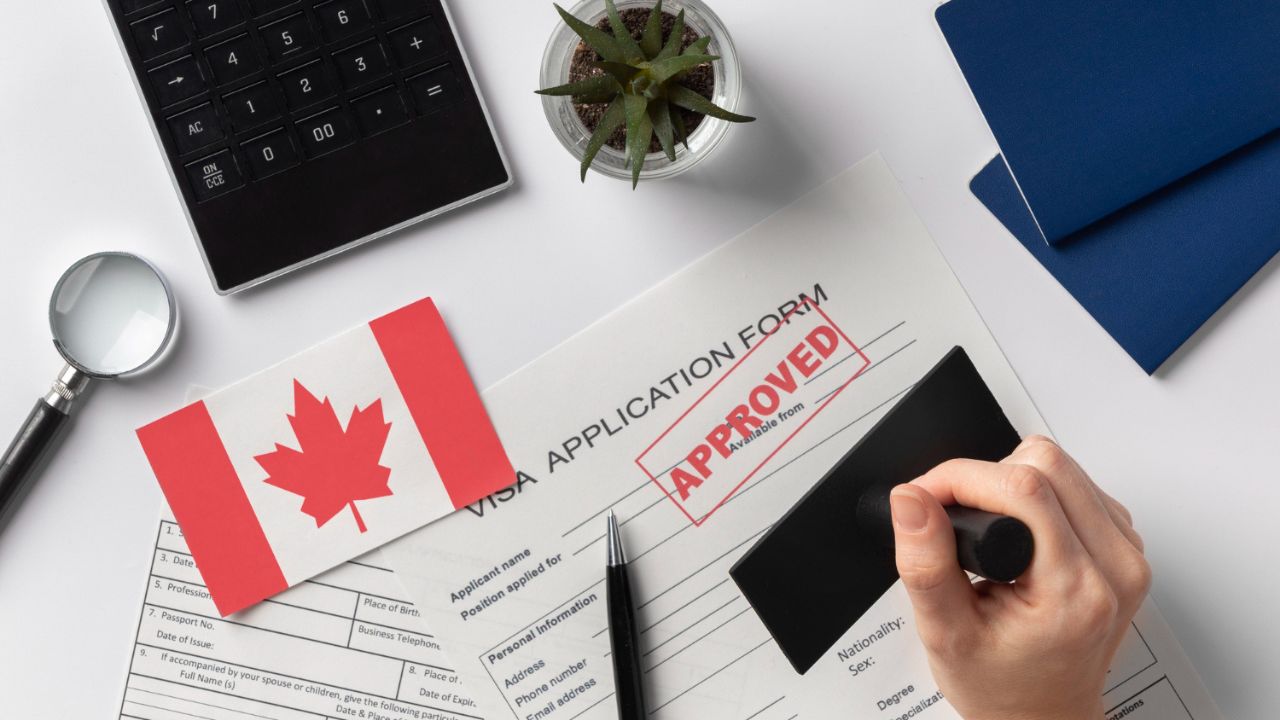Canada recently updated its travel guidance for citizens heading to the United States, urging caution due to stricter border policies, rising crime rates in certain cities, and concerns related to personal safety and privacy. While the advisory does not ban travel to the U.S., it highlights a range of concerns that Canadians should be aware of before planning or taking a trip. The government emphasizes preparation and awareness, especially when it comes to dealing with U.S. authorities and navigating American laws.
1. Expect Stricter Entry Checks
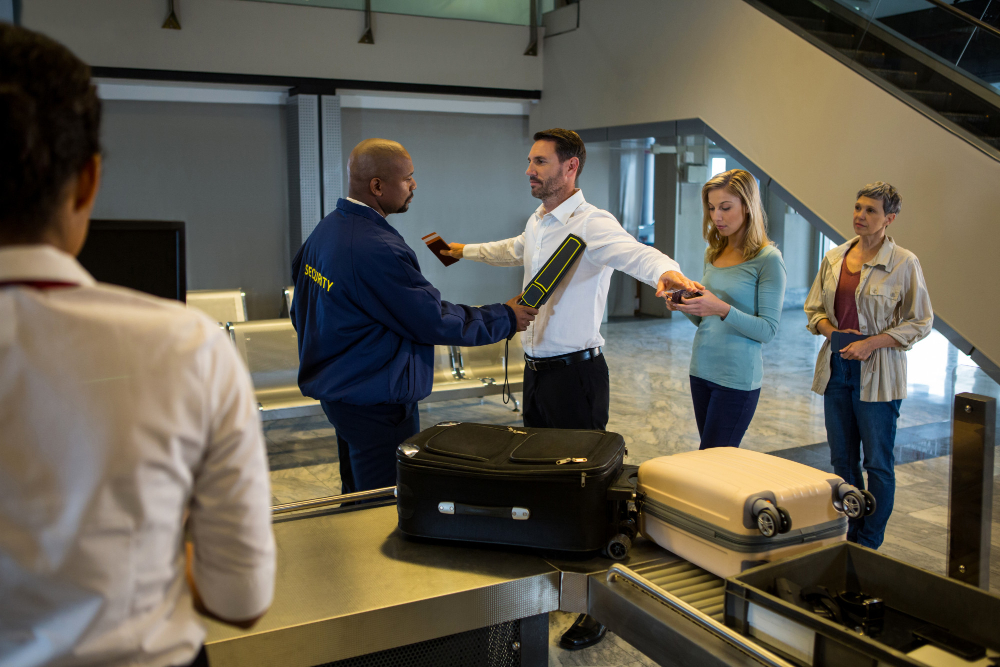
Canadian travelers are being told to prepare for increased scrutiny at U.S. border crossings. American Customs and Border Protection officers may inspect phones, laptops, and other electronic devices without a warrant. This means photos, messages, and emails stored on personal devices may be reviewed. Canadians are encouraged to minimize sensitive content when entering the U.S. and understand that refusal to comply could result in denial of entry. The advisory notes that border agents have broad authority to search travelers for national security purposes.
2. New Registration Rule for Stays Over 30 Days

Canadians planning to stay in the United States for more than 30 days may now be required to register with U.S. authorities. The rule is not entirely new but has seen more strict enforcement in recent months. If a Canadian citizen fails to follow registration protocols, they could face fines or be labeled as in violation of immigration policy. The advisory encourages travelers to research their destination’s local laws and stay informed of visa regulations before making long-term arrangements.
3. Discretion of Border Agents Is a Big Factor

The updated guidance stresses that U.S. border officers have wide discretion to decide who is allowed into the country. Even with a valid passport or visa, a traveler could be turned away at the border. Factors like previous travel history, device searches, or incomplete documentation may affect entry. If denied, Canadians have limited recourse, as the Canadian government cannot intervene in U.S. border decisions. Travelers are urged to be honest, cooperative, and well-prepared during customs interviews.
4. Avoid Large Protests and Follow Local Orders

Canadian officials recommend that citizens stay away from political demonstrations or large public gatherings in the U.S. The concern stems from past incidents where peaceful protests turned violent or resulted in arrests. Travelers should monitor local news, avoid high-risk areas, and follow instructions from local law enforcement. Ignoring curfews or police orders can lead to legal trouble, especially in unfamiliar cities where laws may differ significantly from those in Canada.
5. Crime Risks in Urban Areas
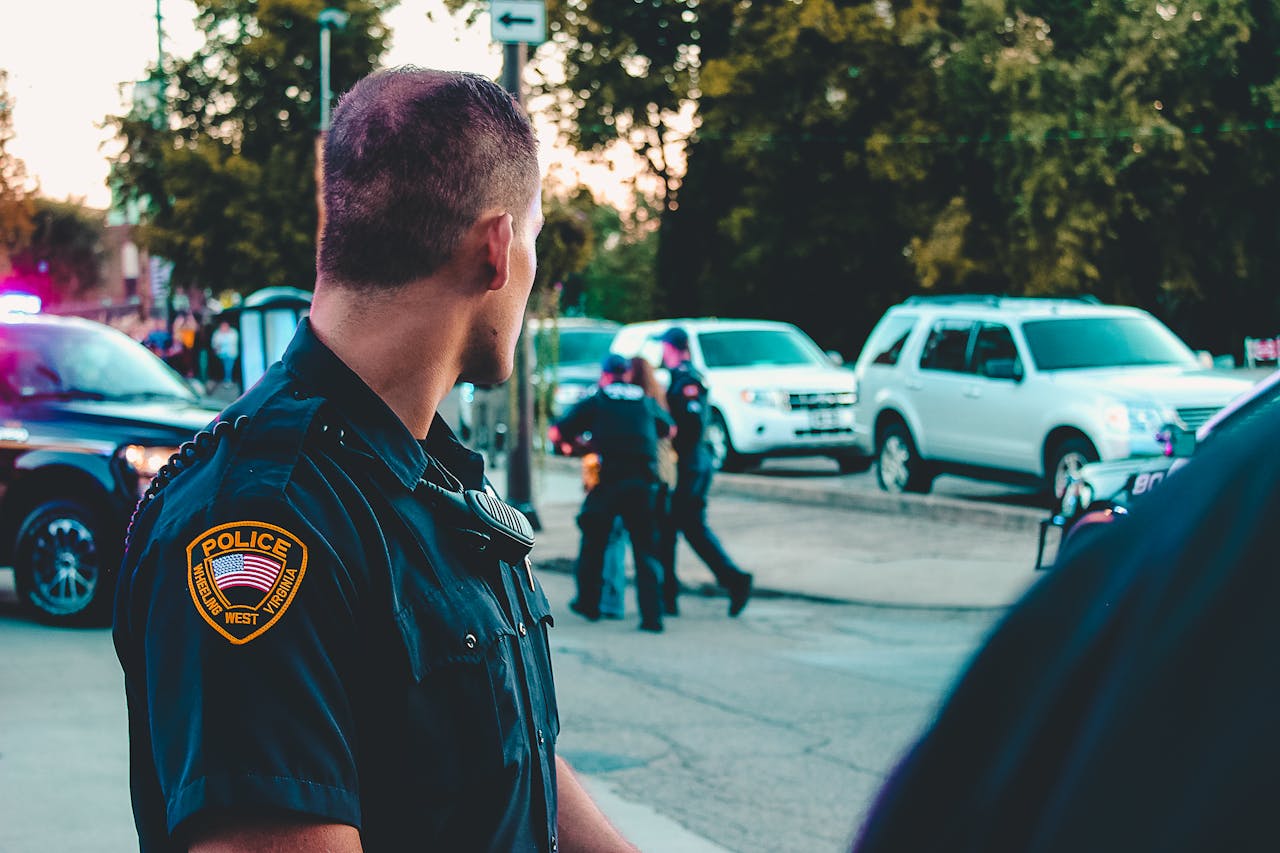
The advisory draws attention to crime rates in major U.S. cities, especially in areas popular with tourists. Pickpocketing, car break-ins, and theft of personal items are common in places like New York City, Los Angeles, and Chicago. In some neighborhoods, violent crime can increase after dark. Canadians are advised to avoid walking alone at night, to use hotel safes, and to keep valuables out of sight. Safety habits that work in Canada may not always apply the same way in the United States.
6. Decline in Canadian Visitors to the U.S.
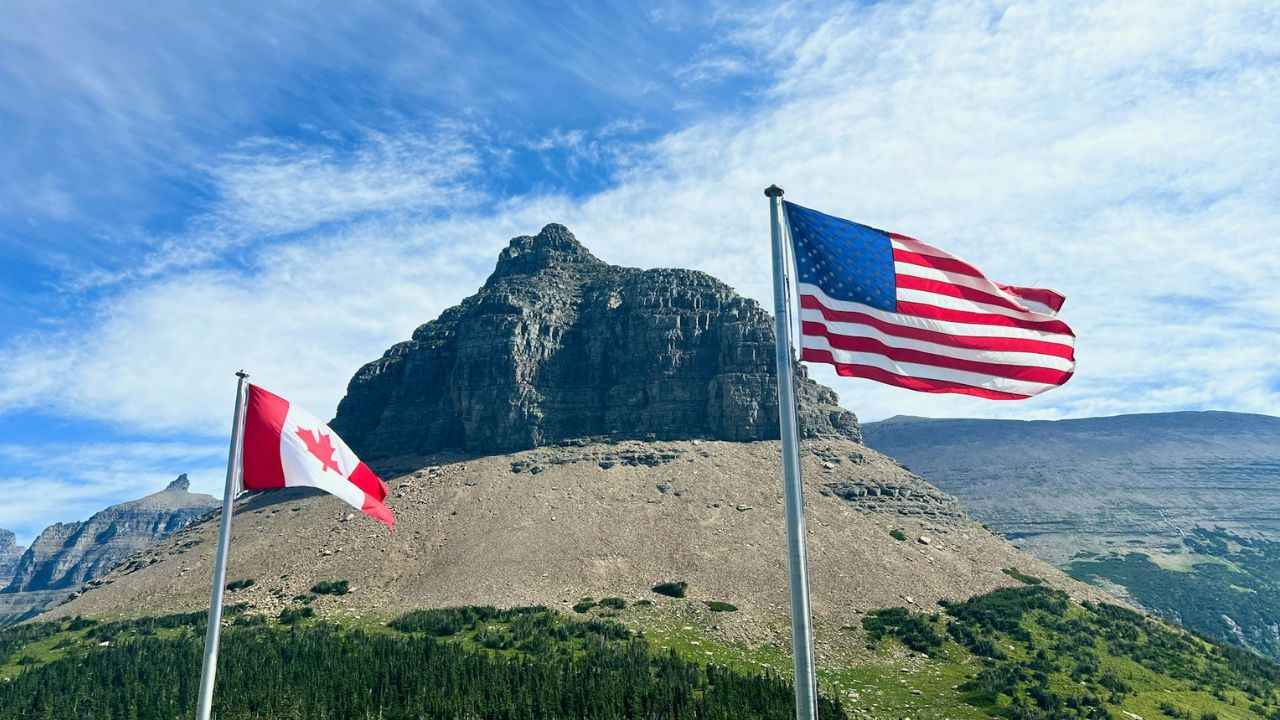
Cross-border travel from Canada to the United States has dropped in recent months. Reports show a 32 percent decline in car trips from Canada to the U.S. in March 2025 compared to the same time the previous year. Experts believe the updated travel warnings, combined with economic concerns and stricter border controls, are leading Canadians to cancel or postpone planned visits. Tourism to the U.S. from Canada remains lower than pre-pandemic levels and may stay that way if concerns persist.
7. Specific Risks for Academics
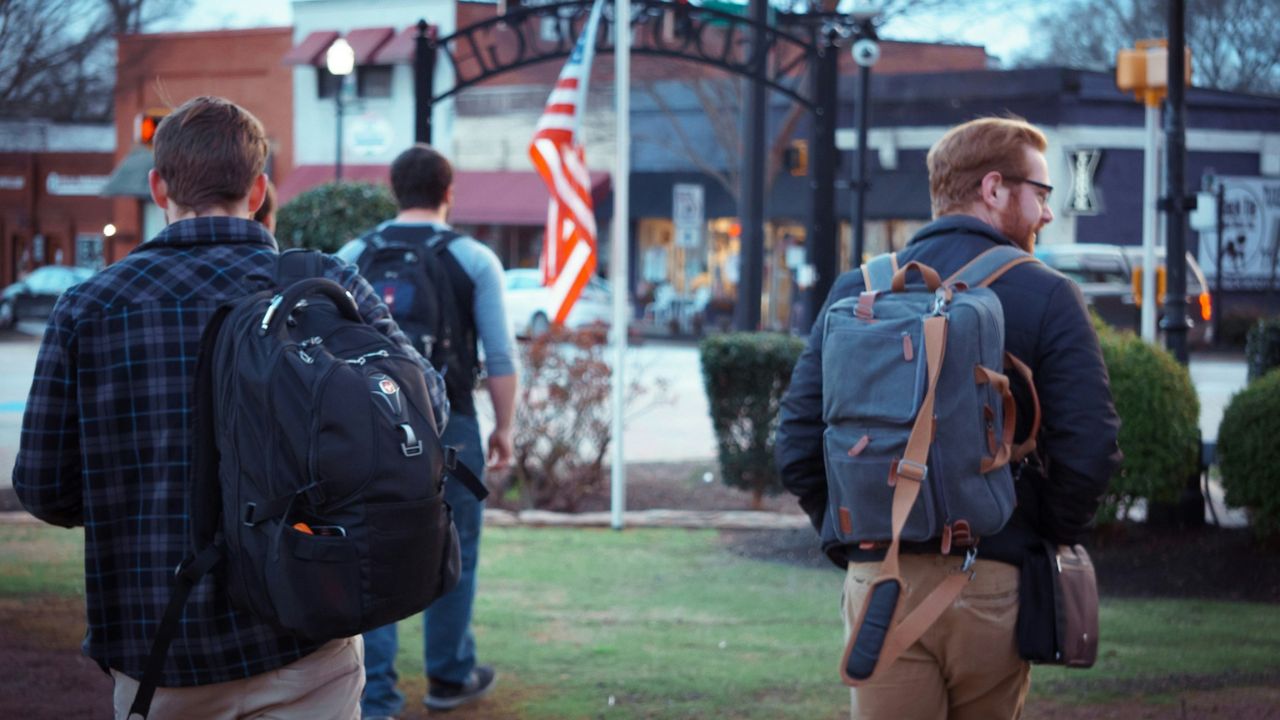
The Canadian Association of University Teachers has advised faculty and researchers to think twice before traveling to the U.S., especially if carrying sensitive academic or research materials. Devices may be inspected, and data could be copied during border checks. Additionally, the travel advisory notes that transgender travelers may face extra scrutiny or difficulties during security checks. Canada’s government encourages individuals to consider both privacy and personal safety before making travel arrangements.
8. Travel Still Possible but With Caution
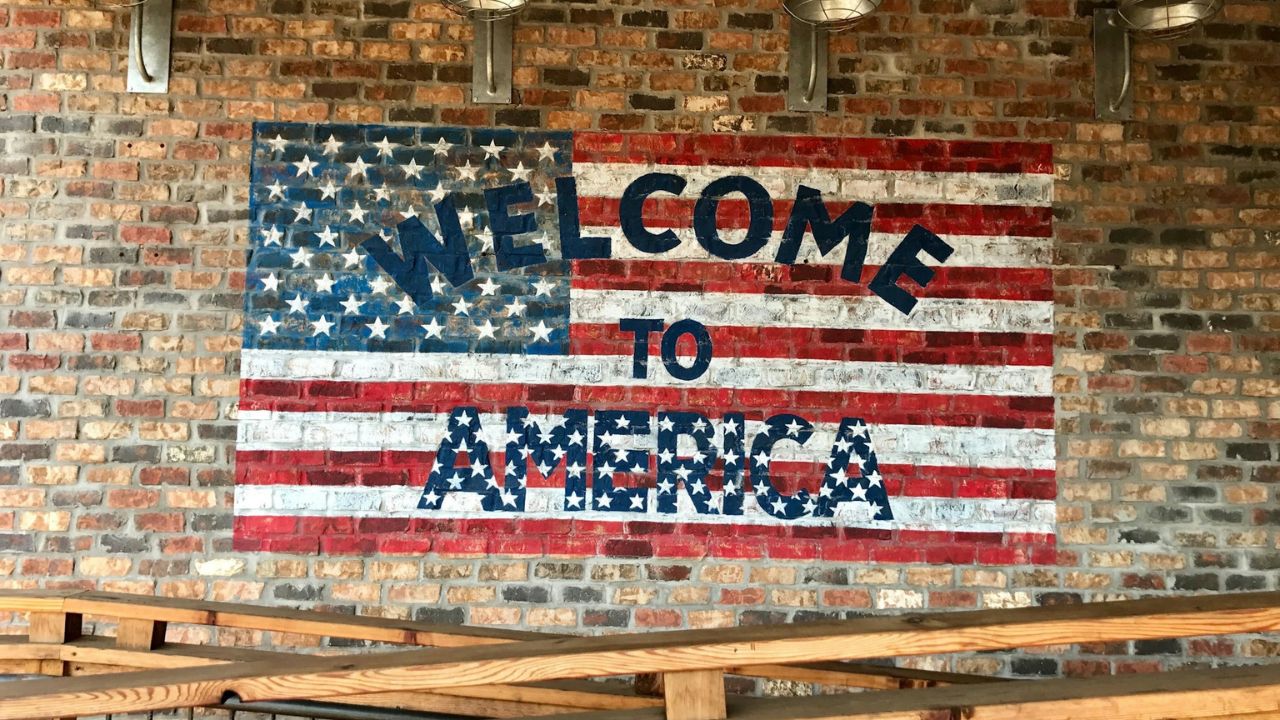
Despite these warnings, travel between Canada and the United States is still allowed. The advisory simply urges greater awareness and preparation. Travelers are advised to keep paperwork in order, travel with clean digital devices, and avoid risky areas or behavior. Knowing your rights and responsibilities can reduce the chances of problems. The main message is not to avoid the U.S. entirely but to approach trips with more planning and caution than in previous years.
